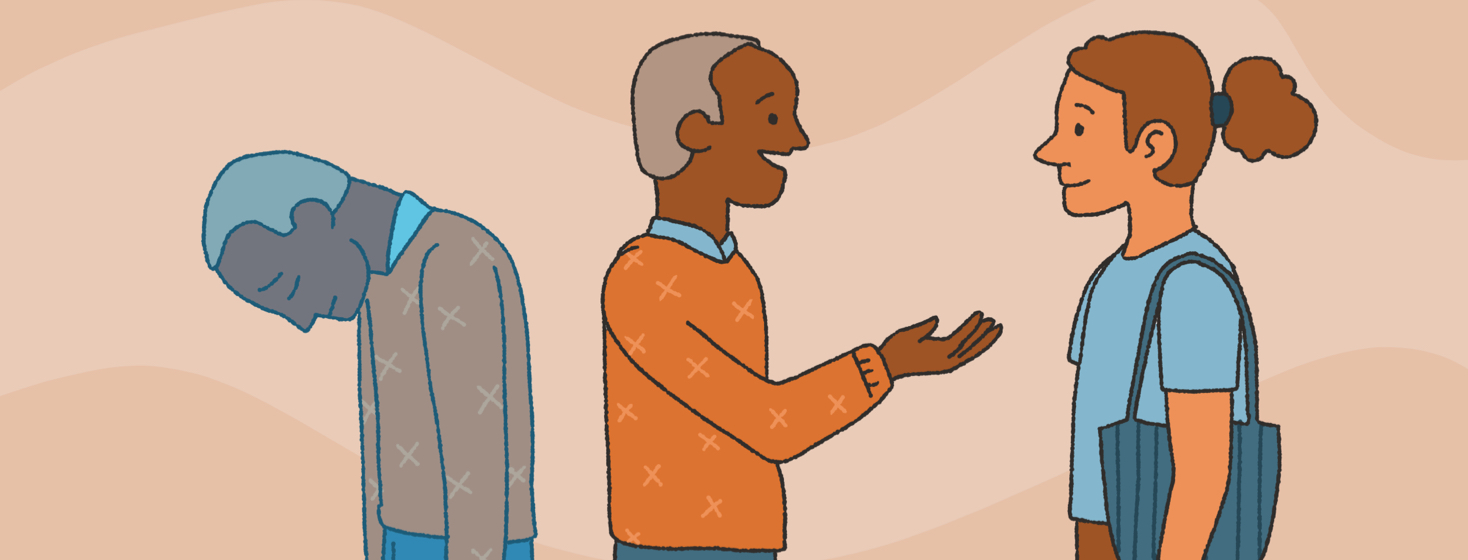Surviving and Thriving Because You Don't Look Sick
I recently read Surviving and Thriving with an Invisible Chronic Illness by Ilana Jacqueline. The author is a young woman who has suffered from several illnesses.
I was diagnosed with myelodysplastic syndromes (MDS) shortly after I retired at 61 years old. MDS is a rare form of blood cancer caused by bone marrow failure. (I just gave you my elevator speech. More on that later.) At the time of my diagnosis, I thought, Thank goodness I'm retired. I can't image lacking energy and feeling bone tired while working full-time, raising a family, and managing a home. So, here are some tips from author Ilanna Jacqueline.
The elevator epeech
Keep your explanation short, concise, and to the point when explaining your illness. In other words, short enough to finish while riding on an elevator.
Maintain friendships
Friendships change according to the seasons of our lives, whether we become ill or not. Some friends will understand your illness, but others will not.
As a cancer patient, I sometimes decline an invitation when I am not feeling well. My friends are very supportive. However, one friend admitted that she did not want to hear about my MDS. When I asked why she answered, "My dad was sick for years before he passed. I don't want to hear about diseases." Well, EXCUSE me! I guess my elevator speech wasn't short enough for her.
Facing your fears
Fear #1: Help! I've fallen, and I can't get up!
One of my biggest fears is falling when stepping out of the bathtub, but that's not all. I have a nightmare that after I call 911, the paramedic that shows up will ask, "Didn't you use to teach in Catoosa, Oklahoma? You were my Learning Lab teacher in third grade! Hey, Miss Connely!" I had better keep my bathrobe handy.
Jacqueline recommends having a roommate. She makes a good point by saying having another body in the house means they'll be able to help you out of tricky situations. But Ilana! Having a roommate sounds terrible to me. So instead, I keep my cell phone handy and have programmed it with the phone numbers of nearby people.
Fear #2: Can I stay healthy enough to keep my job?
Save some money. Regularly putting a little money into your savings account will add up. Also, saving for a rainy day is always a good idea.
When you borrow money, be responsible, and pay it back. Have a credit card and good credit. Working on creating good credit or mending lousy credit should be a priority. As we all know, medical expenses can cause financial struggles.
Check your company's rules and employee rights: Plan by speaking with your company's HR person and try to create some preventative measures to help you stay employed. For example, you may be able to work from home or take an extended leave.
Fear #3: What if I have nothing in the house to eat and I'm too exhausted to make it to the grocery store and back?
Stock up when the canned soup is on sale. Also, keep a few frozen dinners in the freezer. My neighbors often order from restaurants and have their food delivered. Ordering meals online can get expensive, but it's good to know this option is available.
Fear #4: I'm scared I won't be able to handle the stress on my own.
Find your people. Family and friends can help you navigate challenges. Are you afraid you will end up in the emergency room alone? I know I am. Ilana Jacqueline keeps a list of her medication, allergies, and a list of past surgeries in her purse. "If you do a little planning like this, something as scary as an unfamiliar lonely ER room is easier to navigate on your own," Ilana said.
Coping with blood cancer is tough, but do it anyway!
Dealing with blood cancer is frightening, frustrating, and exhausting. But we never give up. Instead, we plan for our challenges. Then, rest when we are tired. When someone tells me, "You don't look sick!" I smile and say, "Thank you." I know they mean well. That's one of the challenges of surviving and thriving with an invisible chronic illness. I can deal with that!

Join the conversation